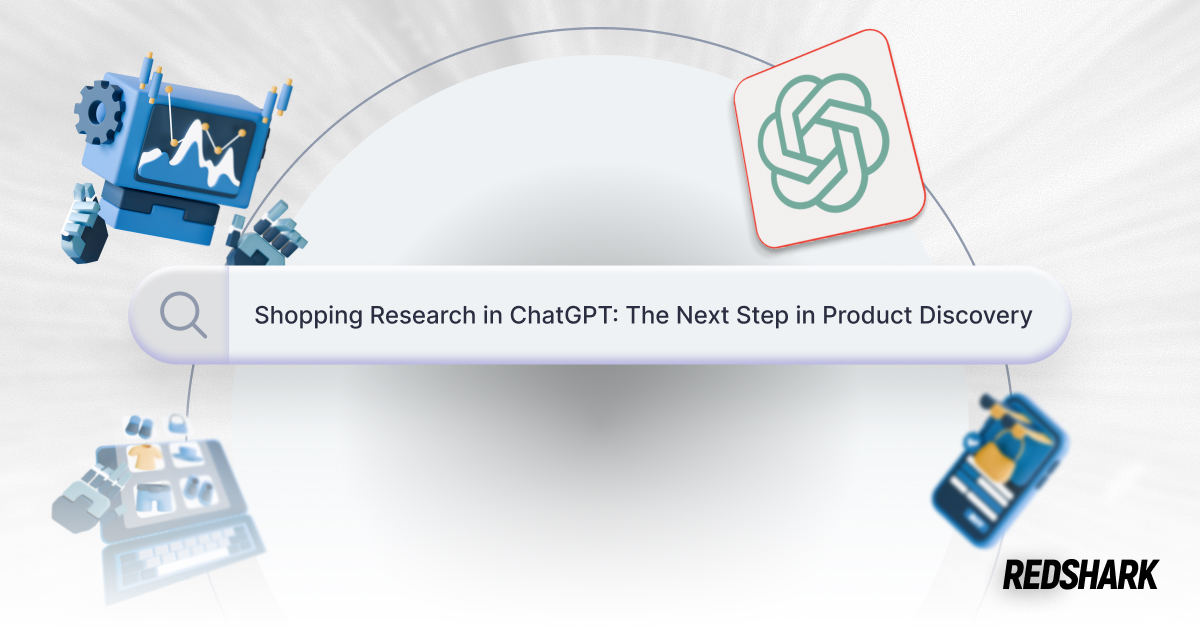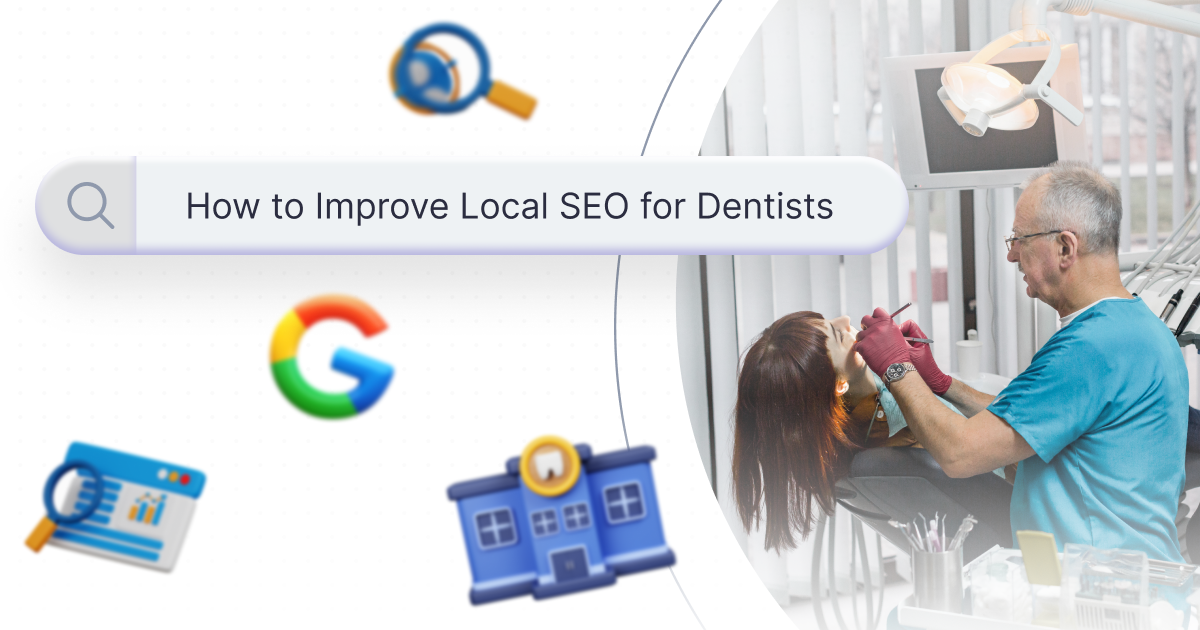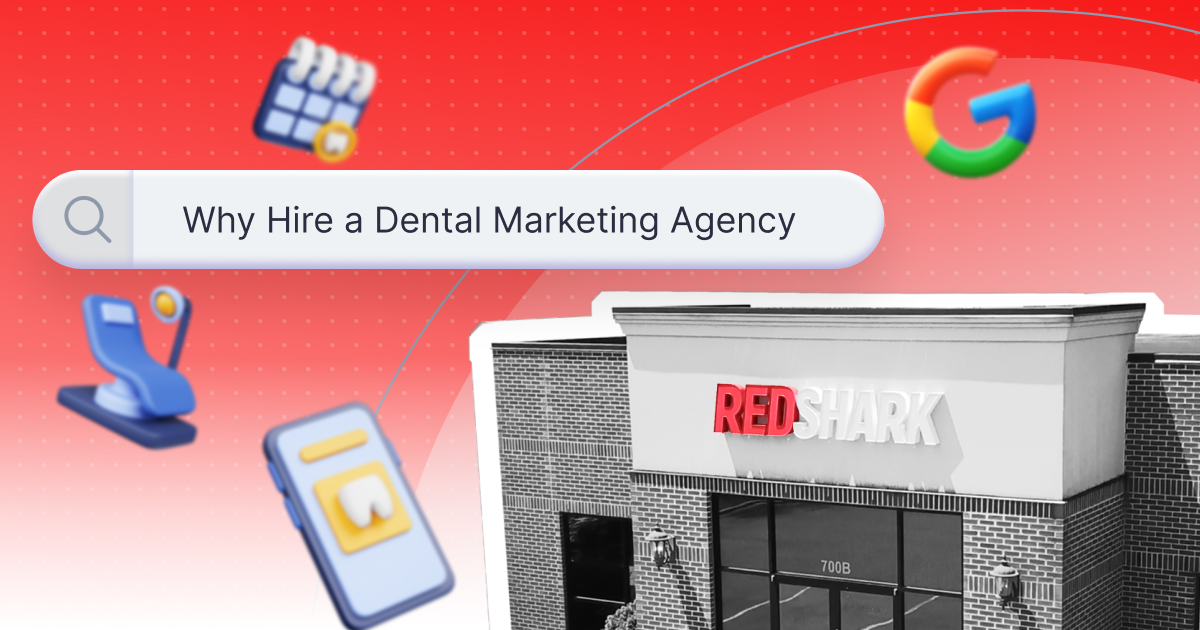
10 Steps to Local SEO Success
10 Steps to Local SEO Success
Featured & Recent Articles
10 Steps to Local SEO Success

The goal for any business is to get its website ranking for important keywords to relevant products and services. For smaller companies relying on the internet to drive leads, sales, and revenue to their business, local SEO can be a make it or break it marketing strategy. If you are wondering how you can achieve local SEO success, follow our 10 steps!
Optimize Your Site for Local Search Traffic
There are many different ways you can optimize your site for local search traffic. Here are some tips and tricks to successfully optimize your local SEO.
- Optimize title tags/meta descriptions
- Optimize on-site content
- Optimize page titles
- Create multiple products and service pages
By optimizing all of these, it will put ahead of other business when it comes to local SEO.
Pick Your Keywords Carefully
Keywords are the most important factor when it comes to SEO. When it comes to choosing them, think of search phrases your target audience would use when searching for your type of product or service. Google Trends is a great tool to help with keyword research.
Offer High-Quality Content
Consistently creating good, unique content is an important factor for ranking your website. If you are struggling with content ideas, a good start is to think about the questions your customers most often ask themselves and create content (i.e. text, videos, and images) around them.
Create a Page for Each Location
If your business has more than one location, create a page on your website for each location. By doing this and using targeted title tags, description, and content, each location can receive targeted optimization.
Get Solid NAP Citations
Citations are “mentions” of your NAP (name, address, and phone number) across the web. The more citations you have the better because they help validate your business in the eyes of search engines. However, consistency is key, so make sure all your citations match exactly.
Encourage Customer Reviews
A steady stream of customers reviews can help boost your search engine rankings, as well as convert your prospects into customers. The best way to get reviews on your Google profile is to send your customers a direct link to where they can post a review.
Optimize Your Social Platforms
To fully optimize your social media platforms, you need to make sure that every social profile you have is consistent. This includes your physical location, along with your business name, and a URL back to your website. Optimizing your social platforms means you get more exposure for your website (you can’t lose here people).
Go Mobile
Millions of customers are using mobile devices to find local businesses, so “mobile” and “local” go hand in hand. Make sure you have a mobile-friendly website that is optimized for mobile searches in order to capture this massive audience.
Use Images and Videos
Images and videos are powerful for grabbing attention and conversions, but they are also key for local SEO. Use them on your website, your local listings and social media platforms for more exposure. But make sure they are optimized with local keyword terms for the best results.
Track Your Results
It is important to track your results with Local SEO, so you know what's working and what is not, and how to improve over time. The 3 most important metrics to track are rankings, tracking, and leads. Using Goal tracking in Google Analytics, you can track how many leads you are generating from SEO, as well as which pages on your website are generating the most conversions.
Local SEO can be complicated, but it doesn't have to be. So, if you want more help with Local SEO, contact Red Shark Digital today!














.png)




.png)
.jpg)




